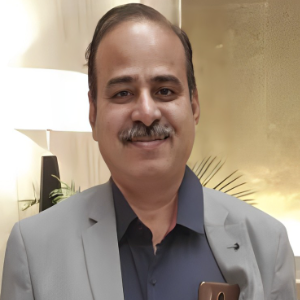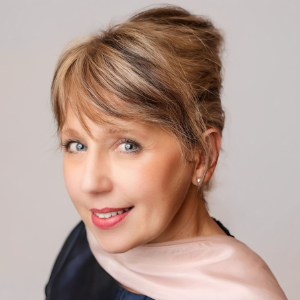People with skin disorders may face various forms of social prejudice. It is important to understand the potential forms of discrimination experienced by people with skin diseases, so more studies can be done to bring awareness to this issue and prevent it. One type of prejudice which can be experienced by people with skin disorders is “lookism”. This is the discrimination based on physical appearance, especially in romantic and social contexts. This type of social prejudice is particularly damaging for people with skin conditions, as their visible skin disorder often makes them appear less attractive to others. Even despite medically-proven treatments, many struggle to find partners due to their skin issues, leading to loneliness and isolation. In addition, people with skin conditions are often underestimated because of the stigma attached to an individual suffering from such a disorder. People may assume that those with skin disorders lack knowledge or can’t perform certain activities because of their lower self-perception or exacerbation of symptoms when they are exposed to certain elements and environments. Studies have found that people with skin disorders often report feeling lesser of others due to the invisibility of their disorder, even among healthcare professionals, which can lead to being denied specific jobs or activities. Finally, people with skin disorders may be subjected to misinformed beliefs which may be perpetuated by social media and online sources about certain skin diseases. This can lead to myths and false hope about treatments, leading to disappointment and further stigma. It is therefore essential to create more awareness of the social prejudice and discrimination faced by people with skin disorders, and to promote a more inclusive and tolerant society. Education should be targeted specifically at young people so they are better informed and can empathize with the struggles of living with a skin disorder. Pressure should also be brought to bear on doctors, healthcare providers and employers to recognize the unique issues faced by people with skin disorders. These steps can help to enable people with skin conditions to live their lives to their fullest capacity and be treated fairly.

Ravi M Rathod
KMCRI, India
Dechelette Corinne
La Peau Autrement, France
Irina Sergeeva
Novosibirsk State University, Russian Federation
George Sulamanidze
Plastic Surgeon at Clinic of Plastic and Aesthetic Surgery and Cosmetology TOTALCharm, Georgia
Nino Tsamalaidze
Ltd Karabadini+, Georgia
Lina Petrossian
California University of Science and Medicine, United States
Surajbala Khuraijam
Manipur Health Services, India
Shrutimita Pokhariyal
Symbio, India
Yasser Mohammed Hassanain Elsayed
Egyptian Ministry of Health, Egypt



Title : Paraneoplastic Autoimmune Multiorgan Syndrome or PAMS: Paraneoplastic pemphigus revisited
Sergei A Grando, University of California Irvine, United States
Title : Modern non-invasive methods for in vivo assessment of skin
Georgios N Stamatas, SGS, France
Title : Personalized and precision dermatology through the view of biodesign-inspired translational & data-driven applications: Revolutionary skin treatments for every concern in clinical dermatology integrating skin care experts and consumers
Sergey Suchkov, N.D. Zelinskii Institute for Organic Chemistry of the Russian Academy of Sciences, Russian Federation
Title : The next generation of threads: Lifting, volumization, and biostimulation in one powerful triple action
George Sulamanidze, Plastic Surgeon at Clinic of Plastic and Aesthetic Surgery and Cosmetology TOTALCharm, Georgia
Title : Lymphoproliferative diseases in the practice of a dermatologist
Irina Sergeeva, Novosibirsk State University, Russian Federation
Title : Art, skin, and dermatology: Interdisciplinary perspectives
Dechelette Corinne, La Peau Autrement, France
Title : Comparative efficacy of omalizumab and dupilumab in children with Chronic Spontaneous Urticaria (CSU): A retrospective cohort analysis
Molynna Nguyen, University of Toledo, United States
Title : "Mirror mirror on the skin” — A low-cost community strategy to reduce melanoma disparities in Washington, D.C.
Kayla Sampson, Georgetown University School of Medicine, United States
Title : Vitiligo: Not just an aesthetic disorder
Mateja Starbek Zorko, University Medical centre Ljubljana, Slovenia
Title : Personalized and Precision Medicine as a unique avenue to have the healthcare model renewed to secure the national biosafety: Advanced skincare solutions in individualized cosmetology, reconstructive plastic surgery and the modern beauty
Sergey Suchkov, N.D. Zelinskii Institute for Organic Chemistry of the Russian Academy of Sciences, Russian Federation